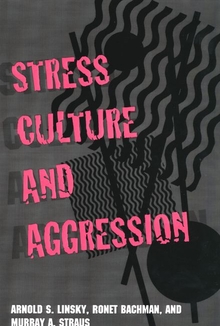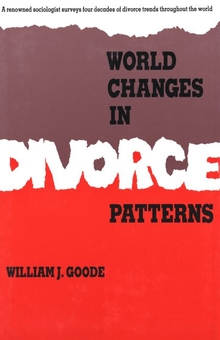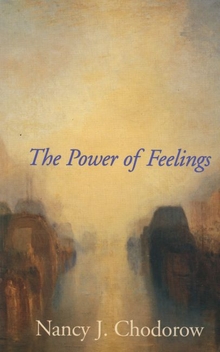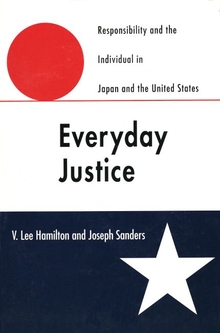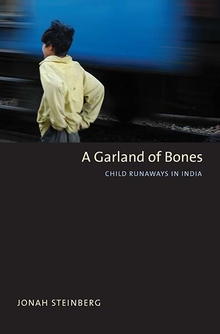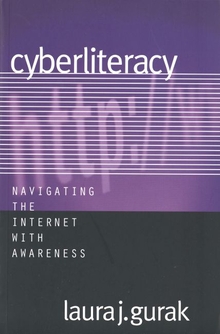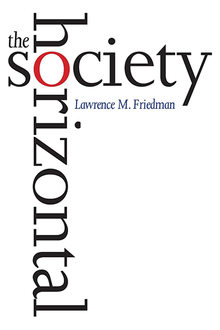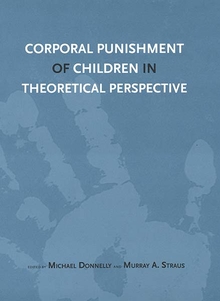Stress, Culture, and Aggression
WARNING
You are viewing an older version of the Yalebooks website. Please visit out new website with more updated information and a better user experience: https://www.yalebooks.com
Arnold S. Linsky, Ronet Bachman, and Murray Straus
Is life in the United States becoming more stressful? Are levels of stress related to residence in a particular state or region? Is stress in a society associated with aggression?
In this important book the authors report on a major research project that establishes a link between stress and aggression in the United States. They first update the standard State Stress Index, which evaluates statistics on business failure, unemployment, divorce, abortion, illegitimate birth, disaster assistance, welfare, and school dropout rate for the fifty states. Using these current indexes, they are able to compare differences among states in the stressfulness of life. They then present new data on violence—both violence directed at others (homicide, intrafamily assault, and rape) and self-destructive violence (suicide and substance abuse). The authors make a compelling case that stress leads to widespread and often lethal aggression. In addition, they consider cultural norms of various groups within states relating to drinking, the use of violence for socially legitimate purposes, the status of women, and readership of pornography, in an effort to explain geographic differences in the manifestations of violence. Linsky, Bachman, and Straus conclude by outlining the policy implications of their findings.
Arnold S. Linsky is professor of sociology and senior faculty fellow at the University of New Hampshire. Ronet Bachman is a researcher at the National Institute of Justice. Murray A. Straus is professor of sociology and co-director of the Family Research Laboratory at the University of New Hampshire. He is also co-author of Four Theories of Rape in American Society, published by Yale University Press.In this important book the authors report on a major research project that establishes a link between stress and aggression in the United States. They first update the standard State Stress Index, which evaluates statistics on business failure, unemployment, divorce, abortion, illegitimate birth, disaster assistance, welfare, and school dropout rate for the fifty states. Using these current indexes, they are able to compare differences among states in the stressfulness of life. They then present new data on violence—both violence directed at others (homicide, intrafamily assault, and rape) and self-destructive violence (suicide and substance abuse). The authors make a compelling case that stress leads to widespread and often lethal aggression. In addition, they consider cultural norms of various groups within states relating to drinking, the use of violence for socially legitimate purposes, the status of women, and readership of pornography, in an effort to explain geographic differences in the manifestations of violence. Linsky, Bachman, and Straus conclude by outlining the policy implications of their findings.
"A fascinating attempt to understand the relationship between the social environment, stress, and violent and maladaptive behaviors. The innovative use of large-scale national statistics to examine social behaviors is timely, interesting, and provocative."—Paul Root Wolpe, University of Pennsylvania
ISBN: 9780300102093
Publication Date: August 11, 2004
Publication Date: August 11, 2004
208 pages, 6 1/8 x 9 1/4
10 b/w illus.
10 b/w illus.

